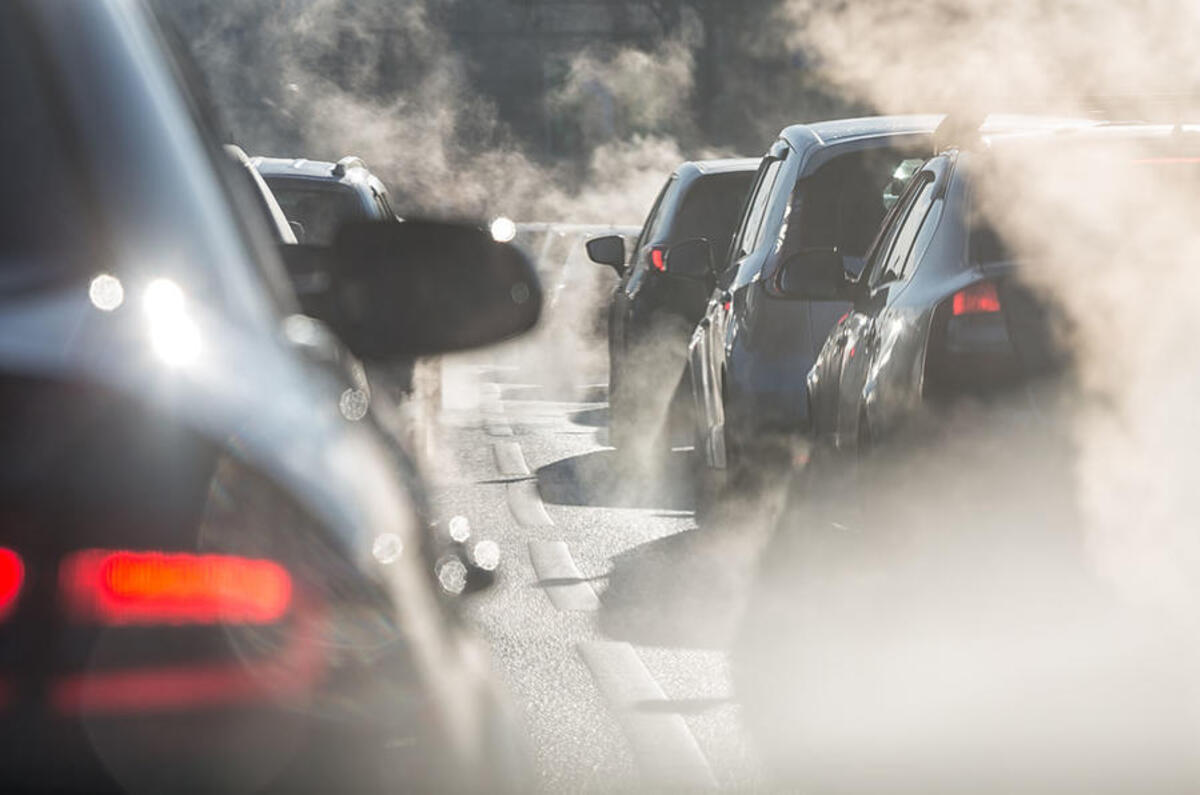A government-funded energy research body has called for “immediate action” to halt rising sales of SUVs and other large vehicles because of their negative impact on vehicle carbon emissions.
According to the UK Energy Research Centre (UKERC), which is comprised of researchers base in several UK institutions and funded by UK Research and Innovation, the rapid growth in SUV sales in the past decade has led to a rise in total CO2 emissions from the global car fleet, despite the growth in battery-electric vehicles.
SUVs accounted for 21.2% of total vehicles sold in the UK last year, up from 6.6% in 2009 and 13.5% in 2015. In total, 1.8 million SUVs have been sold in the past four years – which the UKERC suggested was likely down to car financing schemes and the freeze in fuel duty.
The UKERC says that SUVs produce around a quarter more CO2 than a medium-size car due to their extra size and weight. It calculated that, assuming vehicles stay on the road for a decade, the 1.8 million SUVs sold in the past four years will produce around 8.2 million tonnes of CO2.
While sales of full electric vehicles are rising, they are outsold 37 to 1 by SUVs. The UKERC also noted that the bulk of plug-in hybrid models sold in recent years have been SUVs, which it says means that “even the relatively small number of electric vehicles that have been sold in the UK are consuming more energy than they need to”.
Professor Jillian Anable, the UKERC’s co-director, said that “the rapid uptake of unnecessarily large and energy consuming vehicles just in the past few years makes a mockery of UK policy efforts towards the ‘Road to Zero’”.
She added: “The decarbonisation of the passenger car market can no longer rely on a distant target to stop the sales of conventional engines. We must start to phase out the most polluting vehicles immediately.
“It is time to enact a strong set of regulations to transform the entire car market towards ultra-low carbon rather than focusing solely on the uptake of electric vehicles.”
The UKERC’s finding are contained in its annual Review of Energy Policy report, in which it makes 10 recommendations on how the UK can achieve net zero greenhouse gas emissions by 2050.
In order to reach that target, the UKERC says that sales of combustion-engined vehicles – including hybrids – should be brought forward until 2030.
READ MORE
Government advisors call for 2030 petrol and diesel ban
UK government plans green number plates for EVs








Join the debate
Add your comment
In the rough!
For the last ten years or so we've been brainwashed into the idea than an SUV was what we should be driving, and largely most have blindly done that, you can see that by counting how many saloons an estates you see, there's an SUV to suit , now, we have the latest click bait berating them, but what do we want?, do we want a healthy car market?, or, expensive cars nobody can afford?, t must be hard to please all at the same time, and let's face it, someone will come up with a survey that berates them, I say them, have you, they got the solution?, I'm sure car manufacturers, the Government ( whoever that might be next week) would like to know...!
So, looking into a supermini
I don't believe this . . . .
The first thing is you can never trust any kind of 'Think Tank' or government sponsored investigation as they are paid to come up with what the government want us to hear.
Secondly, if you take the emmissions of a supermini Crossover now and compare it to a supermini from 5-6 years ago, the emmissions confirmed by the manufactuers are actually lower. Therefore, it is fair to conclude that these releases are a pre warning of tax increases which is of course going to happen following all of the political parties proposing huge increases in spending and who ultimately pays for it - yes that'll be us, the Taxpayers . . . .